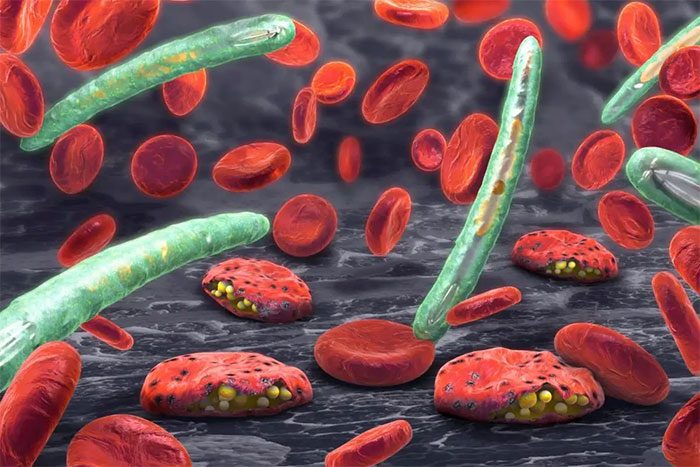Experts Warn the World Faces a “Malaria Emergency” as Solutions Become Increasingly Limited.
At the United Nations General Assembly meeting in September 2023, leaders and experts stated that the progress towards eradicating malaria is facing serious obstacles.
The reason is that the malaria vector – mosquitoes – are increasingly developing resistance to insecticides and the effectiveness of antimalarial drugs, along with a decline in diagnostic testing, according to the Guardian.

Malaria can quickly threaten life due to disruption of blood supply to vital organs. (Photo: Science Photo Library).
Malaria is a life-threatening disease caused by Anopheles mosquitoes transmitting the parasite to humans. In 2022, there were 249 million cases of malaria worldwide, resulting in 608,000 deaths across 85 countries. Of these, 94% of malaria cases were in Africa, with approximately 80% of fatalities occurring in children under five years old.
The World Health Organization (WHO) reports that progress in combating malaria has reversed in at least 13 countries and has stagnated in many others.
Leaders indicated that funding shortages are limiting treatment options, thereby impacting plans to completely eradicate the disease by 2030.
Experts also noted that interest in the disease is declining. Moreover, climate change is making outbreaks more difficult to control. Higher temperatures and increased rainfall create favorable conditions for mosquito breeding. Natural disasters and extreme weather also raise the risk of mosquito-borne diseases.
A group of leaders at the United Nations is calling for the establishment of a national malaria council to prioritize this disease in development agendas and seek additional funding from the World Bank to address malaria.
In June 2023, the United States recorded five cases of malaria in Texas and Florida. These are the first reported cases of malaria transmission in the U.S. in 20 years, according to USA Today.
In Vietnam, malaria remains a complex issue, with millions living in endemic areas, primarily concentrated in Lai Châu, Bình Phước, and several provinces in the Central Highlands.
Symptoms of malaria include: fever, headache, and vomiting, typically appearing between 10 to 15 days after being bitten by an infected mosquito. If left untreated, malaria can quickly become life-threatening due to disruption of blood supply to vital organs.





















































